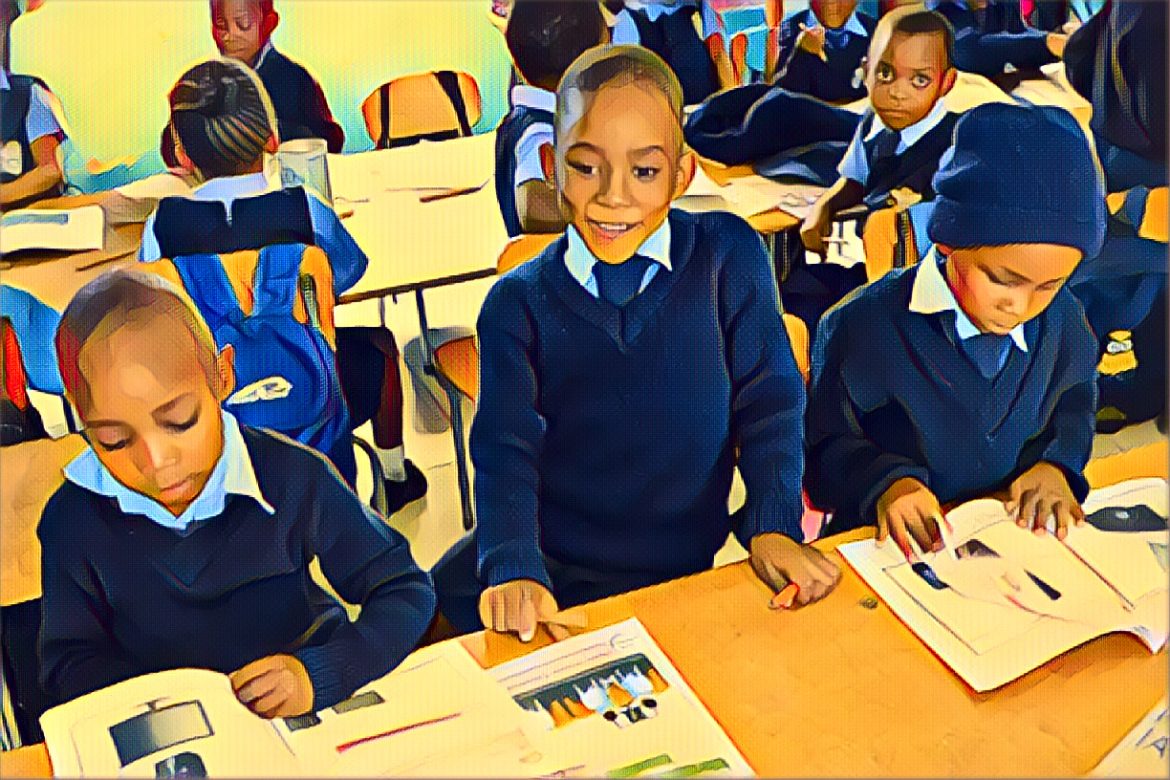In a bid to ensure continuous access to education for children in Zimbabwe amidst various humanitarian challenges, the United Nations Children’s Fund (Unicef) has provided vital support to over 200,000 children with learning materials between January and February 2024. This initiative aimed to facilitate both formal and non-formal education, including early learning programs, as highlighted in Unicef Zimbabwe’s latest humanitarian situation report.
With the first term of the school year ending in the previous month, schools are anticipated to resume lessons on May 7, marking a crucial phase for the educational sector. Unicef’s intervention becomes paramount in light of the ongoing challenges faced by Zimbabwe, including a serious cholera outbreak and the impact of El Niño, which has exacerbated existing vulnerabilities.
The cholera prevention back-to-school campaign launched by Unicef at the onset of the school year underscores the organization’s proactive approach in addressing public health concerns while prioritizing education. During the specified period, a total of 201,507 children, comprising 101,895 girls and 99,612 boys, received support through the provision of essential learning materials, emphasizing Unicef’s commitment to ensuring educational equity and access.
Moreover, Unicef’s efforts extend beyond education, encompassing critical interventions to address gender-based violence (GBV) risks. The report reveals that 1,738 women and girls accessed GBV risk mitigation, prevention, or response interventions during January and February 2024, underscoring the holistic nature of Unicef’s support in safeguarding vulnerable populations.
However, the humanitarian situation in Zimbabwe remains complex, characterized by multiple challenges ranging from climate-induced shocks to economic instability. The country grapples with recurring floods and droughts, exacerbated by the ongoing El Niño phenomenon, which further strains resources and infrastructure.
In response to these multifaceted challenges, Unicef Zimbabwe is appealing for US$22.7 million to address heightened humanitarian needs in 2024. This funding will enable Unicef to provide critical assistance to two million people, including 978,611 children, in affected areas. Despite receiving support from various donors, including ECHO, Gavi The Vaccine Alliance, Norway, and USAid, Unicef emphasizes the urgent need for additional resources to meet the escalating needs on the ground.
President Emmerson Mnangagwa’s declaration of the drought as a state of disaster underscores the severity of the situation, necessitating concerted efforts to mitigate the looming humanitarian crisis. Mnangagwa highlighted the need for US$2 billion to address food insecurity caused by low rainfall, which has decimated a significant portion of the maize crop. With an estimated 2.7 million people expected to face food insecurity and a substantial grain deficit of 680,000 tonnes, urgent action is imperative to avert widespread hunger and suffering.


